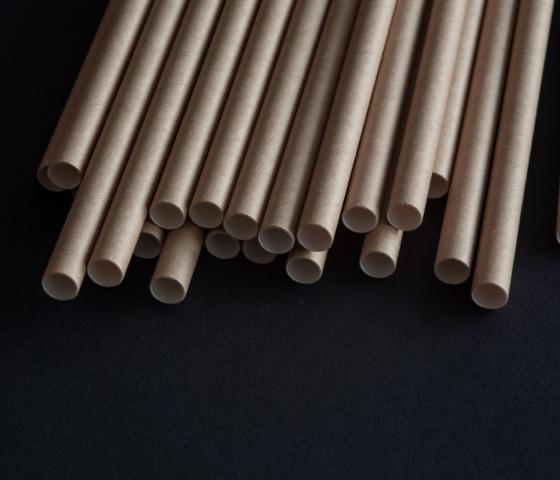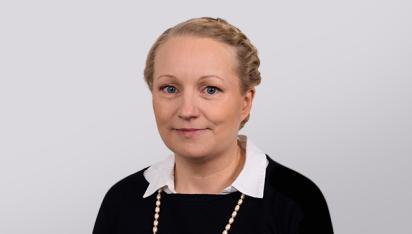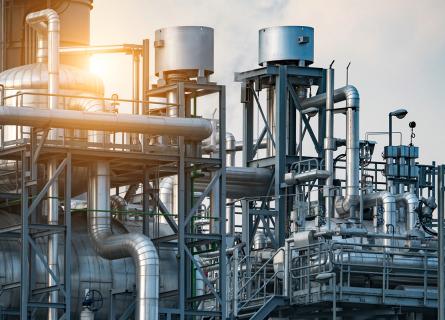
Material efficiency audit to boost companies’ profitability
Material efficiency audit is a practical tool to boost company’s profitability and control their material streams
This study is an excellent example of responsible and sustainable business: as a result, economic and environmental savings are gained.
Material efficiency audit is a practical tool to boost company’s profitability, control their material streams and reduce their environmental impacts. It can be widely used for all industrial sectors.
Material efficiency audit focuses on improving resource efficiency
This audit helps to identify process stages in which the use of materials and energy, unnecessary work, environmental harm and the amount of waste can be reduced. At the same time, significant economical benefit can be gained when the alleged waste becomes visible. As a result of the audit, concrete actions are proposed to achieve these improvements. The benefits of these actions and potential savings are evaluated and based on them, recommendations for further examination are proposed. The saving potential found in this audit is typically at least 3% of revenue.

Execution of the audit
The audit is completed with Material Flow Cost Accounting (MFCA) method based on ISO 14051 standard. With this method, the direct and indirect costs related to the material use can be traced and the economic savings can be assessed. After the audit, further actions and improvements can be implemented effortlessly and systematically.
The audit typically takes 3-6 months. The duration depends on the size of the company/unit, the field of industry and the level and accuracy of available data.
We wish that the company has ambition for improvement, resources to collect data, willingness for interviews and enthusiasm for workshops of the project. The company’s contact person named for the audit has an important role of coordinating resources and collecting information.
In one example audit 50 proposal actions were achieved, from which half got the best implementation rate. The priority was to reduce material waste, since it formed 70% of the manufacturing costs. The TOP-3 improvement areas were quality, energy use and handling of raw materials and products. The saving potential of all improvement proposals were 270.000 €/a.
Qualified auditors from AFRY
AFRY has been involved in material efficiency audits and developing the method together with Motiva Oy since 2008. Motiva is responsible for coordination and development of commitments in Finland. AFRY has several qualified auditors for material efficiency audits and our professionals can help with possible follow-up projects.
More information:
Materials Efficiency in Motiva: https://www.motiva.fi/en/solutions/material_efficiency

Interested in our offering? Contact us!
Contact Sanna-Maria Järvensivu

Interested in our offering? Contact us!
Contact Erika Koskinen

Interested in our offering? Contact us!

